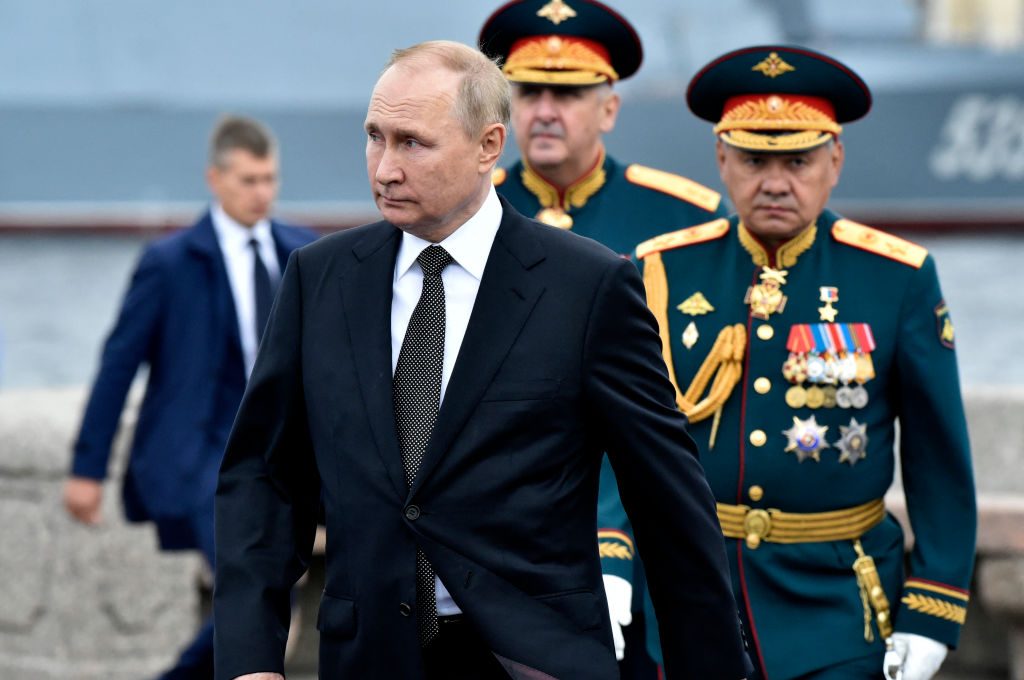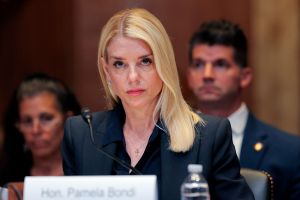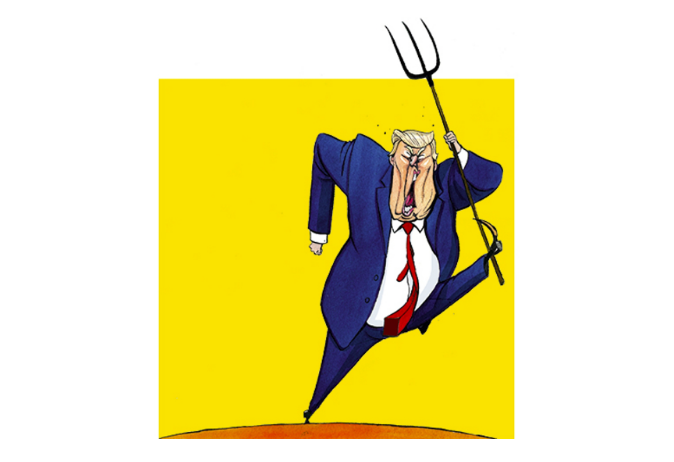There was an expectation that the appointment of Vladimir Putin’s new government would see some change in the Russian security apparatus, but few predicted that Russia’s defense minister Sergei Shoigu would be replaced by an economist, Andrey Belousov, with Shoigu becoming secretary of the Security Council.
With an economist taking over the defense ministry, and the old minister taking up a policy and advisory role, the technocrats are in the ascendant. The goal though is not peace, but a more efficient war.
The technocrats are in the ascendant. The goal though is not peace, but a more efficient war
Much has been made in some quarters about the fact that Belousov is an economist rather than a soldier. Setting aside the fact that neither Shoigu nor his predecessor Anatoly Serdyukov (the former head of the Federal Tax Service) were soldiers (nor are most of their western counterparts) this is to misunderstand the role. The chief of the General Staff, currently the widely-despised General Valery Gerasimov, is Russia’s top soldier, responsible for military planning and operations, and reports directly to the commander-in-chief, the president. The defense minister, especially in time of war, is essentially an administrator, there to ensure that the military has the men and materiel it needs.
In this context, Belousov is an unexpected but logical choice. He is a workaholic and able economist with a deep experience inside government. He is not one of the ultra-nationalist hard-liners, but he has long championed a greater state role in the economy. As Putin’s Russia becomes increasingly built around the invasion of Ukraine and its wider confrontation with the West, with no end in sight, Belousov’s experience will be crucial to making the economy an essentially warfighting one.
One key question will be over Gerasimov’s future. To say that he has been an under-performing and unpopular wartime commander would be the kindest understatement. A new minister usually brings in his own chief of the General Staff, so it may well be that, once he is settled in his new position, Belousov will likewise be looking for a change. This could be bad news for Ukraine, as there are a number of potential candidates in the wings who would likely do a better job, such as Colonel General Mikhail Teplinsky, commander of the Airborne Forces, or even “General Armageddon” himself, Sergei Surovikin, who fell from grace because of his implicit support for last year’s mutiny by Yevgeny Prigozhin and his Wagner mercenaries. Surovikin was not retired and is being kept on the bench.
That Shoigu would lose the ministry was looking more likely since his deputy and crony Timur Ivanov was arrested on corruption charges last month. What was unexpected was that he would move sideways into the position of secretary of the Security Council, displacing the incumbent Nikolai Patrushev. On the face of it, this is a massive demotion. However, while constitutionally relatively inconsequential, in the sixteen years he has held the position, through clever bureaucratic maneuvering and his relationship with fellow KGB veteran Putin, Patrushev has made the position one of the most central jobs in the government.
The Russian system has no provision either for a national security advisor or a director of national intelligence. In effect, Patrushev became both, which has been disastrous. After all, one of the key roles of the former is to be an independent source of guidance — and where necessary to challenge the worldview of the spooks. Patrushev has therefore been able to mark his own homework, playing a crucial role shaping Putin’s view of the world. Considering that Patrushev was the hawk’s hawk, a man who seems to have believed all the most paranoid conspiracy theories about the West — including that a Russian psychic uncovered a secret, long-term plan to dismantle Russia by reading the dreams of former US secretary of state Madeleine Albright — he has certainly had a baleful effect on policy.
Shoigu is no dove, but nor is he much of a hawk: he is just a politician. Whether he retains the same stranglehold on Russian security policy remains to be seen, although he is a cunning political operator and a personal friend of Putin. There is no reason to believe that in the current circumstances his will be a voice for peace, but at least we may hope that he would not argue for further escalation. There are, after all, pervasive suggestions that he was uncomfortable with both the 2014 annexation of Crimea and the 2022 invasion — even if he was too much of a self-interested pragmatist actually to oppose either.
The big question remains where Patrushev will end up. He is seventy-two, but the Kremlin has said that he will have an unspecified new job, so retirement or the semi-retirement of a Senate seat seems out. The only real step up would have been to the premiership, but the incumbent prime minister, Mikhail Mishustin, has been reappointed. Other positions such as head of the Presidential Administration or replacing seventy-seven-year-old Yuri Ushakov as presidential advisor on foreign policy would seem to be too administrative and marginal, respectively. It may be that Putin will actually create something new just for him, such as the aforementioned positions of national security adviser or director of national intelligence.
In any case, none of this signals a change in political direction. If anything, the opposite: as Putin digs in for the long term, with the “special military operation” now being the central organizing principle of his regime, he knows he needs technocrats to keep his war machine going.
This article was originally published on The Spectator’s UK website.


























Leave a Reply